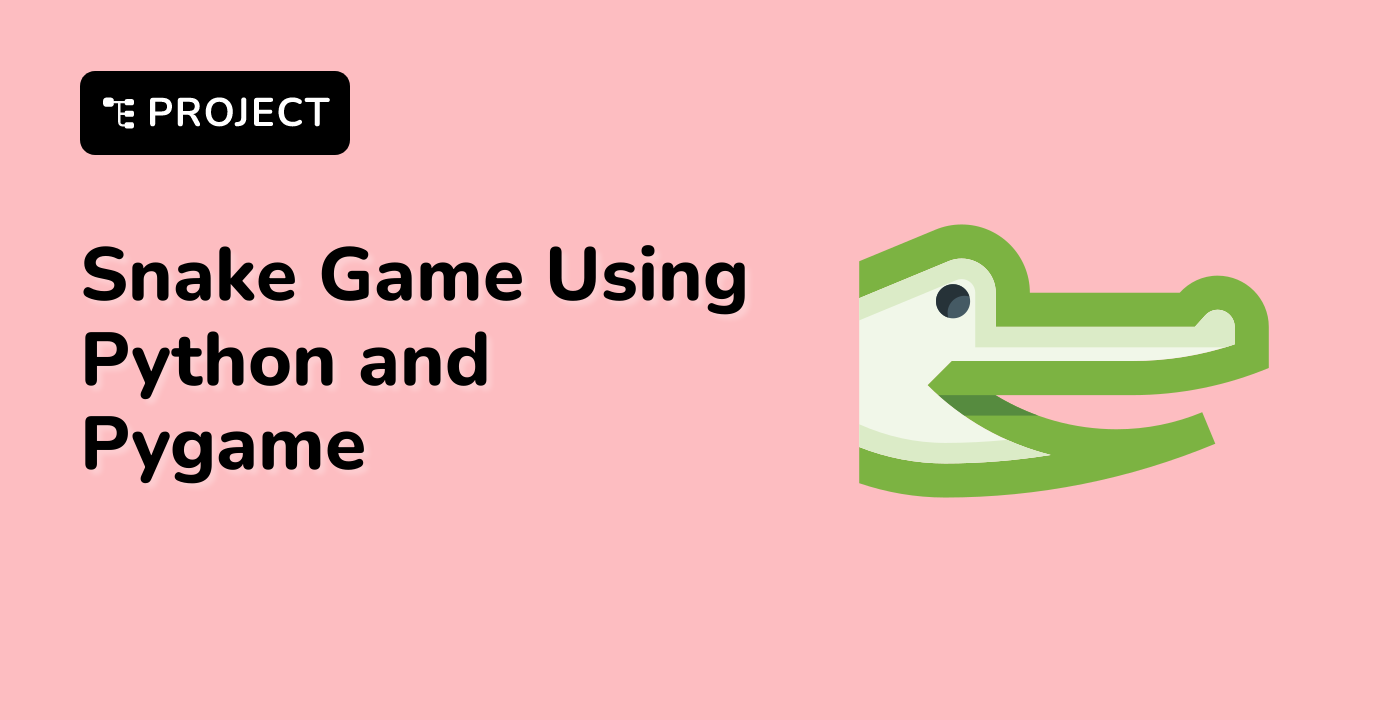Advanced Techniques
Dynamic Import Techniques
Conditional Imports
try:
import ujson as json
except ImportError:
import json
Importing Modules Dynamically
module_name = 'math'
module = __import__(module_name)
Lazy Loading and Import Optimization
Lazy Import Pattern
class LazyLoader:
def __init__(self, module_name):
self._module = None
self._module_name = module_name
def __getattr__(self, attr):
if self._module is None:
self._module = __import__(self._module_name)
return getattr(self._module, attr)
graph LR
A[Lazy Import] --> B[Import Only When Needed]
B --> C[Reduce Initial Load Time]
C --> D[Improve Performance]
Import Path Manipulation
Modifying Python Path
import sys
sys.path.append('/custom/module/path')
Advanced Import Techniques
| Technique |
Description |
Use Case |
| Relative Imports |
Import from current package |
Modular package structure |
| Namespace Packages |
Split package across multiple directories |
Large, distributed projects |
| Import Hooks |
Customize import behavior |
Complex import scenarios |
Custom Import Mechanisms
Import Hook Example
class CustomImporter:
def find_module(self, fullname, path=None):
## Custom import logic
return self if fullname == 'custom_module' else None
def load_module(self, fullname):
## Custom module loading
module = type(sys)(fullname)
module.__dict__['custom_function'] = lambda: print("Custom Import")
return module
Import Caching
import importlib
importlib.reload(module) ## Reload modified module
Circular Import Prevention
Dependency Injection Pattern
## module_a.py
def create_dependency(module_b):
## Use injected module_b
pass
## module_b.py
import module_a
module_a.create_dependency(module_b)
LabEx Recommended Practices
- Use lazy loading for large modules
- Minimize circular dependencies
- Keep import statements clean and explicit
Error Handling in Imports
def safe_import(module_name):
try:
return __import__(module_name)
except ImportError:
print(f"Could not import {module_name}")
return None
By mastering these advanced import techniques, you can create more flexible, efficient, and maintainable Python projects.




